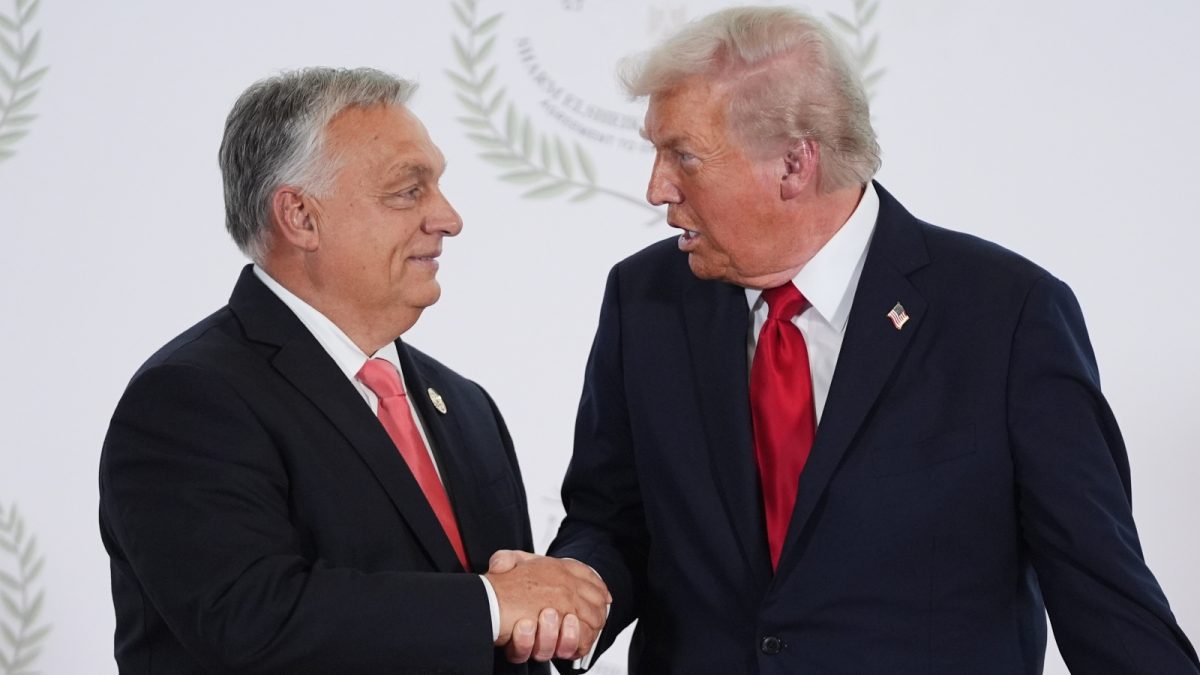ARTICLE AD BOX

The Indian Film and Television Directors' Association (IFTDA) has lodged a formal police complaint against certain paparazzi and online media platforms for what it described as "inhuman" and "unethical" behavior in their coverage of veteran actor Dharmendra’s recent health condition.In a letter addressed to the Senior Inspector of Juhu Police Station, IFTDA President Ashoke Pandit stated that some paparazzi and digital media accounts “breached privacy” by entering the premises of the veteran actor’s residence and “recording footage and images of his family members without consent.” The visuals were later circulated online.IFTDA has urged the police to take strict legal action against those responsible and called for a strong precedent to prevent similar incidents in the future.
‘Crossed all limits of decency and ethics’
In the formal complaint addressed to Mr. Sunil Jadhav, Senior Inspector of Police, Juhu Police Station, Ashoke Pandit wrote, “I, Ashoke Pandit, Hon. President of the Indian Film & Television Directors’ Association (IFTDA), wish to lodge a formal complaint against certain unverified and scrupulous paparazzi and online media handlers who have crossed all limits of decency and ethics in the recent coverage related to the illness of Padma Bhushan Shri Dharmendra Ji, one of the most respected legends of Indian cinema.
”The letter further stated, “It has come to our attention that certain paparazzi and digital media accounts have breached privacy by entering the premises of Shri Dharmendra Ji’s residence and recorded footage and images of his family members without consent. These visuals have been circulated publicly for sensationalism and profit, without any concern for legality, decency, or emotional distress caused to the family.
”
‘Gross violation of the right to privacy’
Calling the act “inhuman, unethical, and a gross violation of the right to privacy guaranteed under Article 21 of the Constitution of India,” Pandit wrote that the behavior amounted to criminal offences involving unauthorized trespass, invasion of privacy, and defamation under the Indian Penal Code and the Information Technology Act.He added, “Our film personalities are not commodities—they are human beings who deserve basic dignity and respect, especially during times of personal distress.
The continued harassment and intrusion by such elements not only harms individuals but also tarnishes the integrity of Indian media and journalism as a whole.”IFTDA’s complaint, shared on the association’s official social media accounts, was captioned, “IFTDA strongly condemns the disgraceful and unethical conduct of certain paparazzi in their intrusive reporting of Shri Dharmendra Ji’s health. Their reckless behaviour is unacceptable and inhuman.
A formal police complaint has been filed, and we demand strict action to ensure such indecency is never repeated.”
Growing outrage over intrusive media behavior
The complaint comes amid rising outrage within the film fraternity over the media’s conduct during Dharmendra’s hospitalisation. The 89-year-old veteran actor was recently discharged from Breach Candy Hospital in Mumbai after a brief illness.
Hema Malini Shares Emotional Update On Dharmendra’s Health Condition!
Earlier in the day, a visibly emotional Sunny Deol lost his temper with photographers stationed outside the family’s residence after his father’s return from the hospital.
Folding his hands, he told them, “Aap logon ko sharam aani chahiye... Aapke ghar mein maa-baap hain, bacche hain...”Several film personalities — including Farah Khan Ali, who recently lost her mother Zarine Khan, actor Nikitin Dheer, who lost his father Pankaj Dheer last month, as well as Ameesha Patel, Madhur Bhandarkar, and Karan Johar — have also condemned the insensitive media coverage, urging for greater empathy and respect for privacy during such times.

 1 hour ago
5
1 hour ago
5








 English (US) ·
English (US) ·